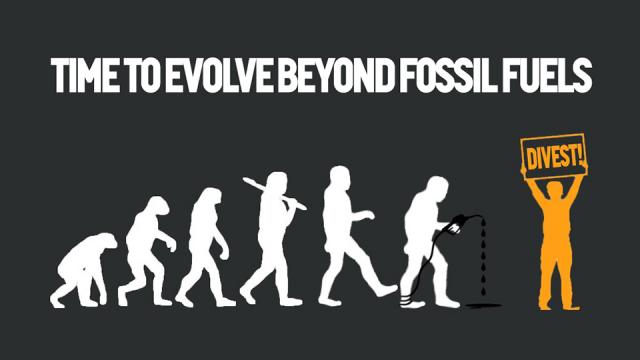
Poor countries are feeling “the boot of climate change on their neck,” the president of the World Bank has said, as he called for a carbon tax and the immediate scrapping of subsidies for fossil fuels to hold back global warming.
Jim Yong Kim said awareness of the impact of extreme weather events that have been linked to rising temperatures was more marked in developing nations than in rich western countries, and backed for the adoption of a five-point plan to deliver low-carbon growth.
Speaking to the Guardian ahead of this week’s half-yearly meeting of the World Bank in Washington DC, Kim said he had been impressed by the energy of the divestment campaigns on university campuses in the U.S., aimed at persuading investors to remove their funds from fossil fuel companies.
“We have a whole new generation that is interested in climate change,” he said as he predicted that putting taxes on the use of carbon would trigger a wave of clean technology which would lift people out of poverty in the developing world while preventing the global temperature from rising by more than 2C above pre-industrial levels.
Kim said it was crazy that governments increased the use of coal, oil and gas by providing subsidies for consumers. He said that in low and middle-income countries, the richest 20% received six times as much from fossil fuel subsidies as the poorest 20%. He added: “We need to get rid of fossil fuel subsidies now.”
Kim insisted that the recent fall in energy prices meant there had never been a better time to reduce the payments made by governments to help people with their fuel bills. Politicians around the globe currently spend around $1tn (£680bn) a year subsidizing fossil fuels, but Kim said: “Fossil fuel subsidies send out a terrible signal: burn more carbon.”
Some countries, such as South Korea, have recently announced carbon taxes as a way of making the use of fossil fuels more expensive. Kim said: “You can have growth that will protect the planet and decouple carbon emissions from growth. We can get it now, but it would be much easier if we put a price on carbon.”
He said that, in addition to scrapping fossil fuel subsidies and introducing a carbon tax, the World Bank’s plan involved spending more on energy efficiency, measures to make agriculture greener and changes to help cities become less polluted and more liveable.
The World Bank president said the Chinese and Indian governments were coming under pressure from their populations due to heavily-polluted cities, and that appreciation of the dangers of climate change was greater in developing countries.
“They can feel the boot of climate change on their neck, more so than people in the developed world”, Kim said. “The results of the increased frequency and intensity of extreme weather-related events are having a much bigger impact in poor countries than in the US or Europe.”
Kim said it was important the Guardian’s Keep it in the Ground campaign had published figures showing that between two-thirds and four-fifths of known fossil fuel reserves would have to remain unburned to keep temperatures below the 2C ceiling.
He said: “Putting the figures out there is important. Now we can have the debate and see how others respond. When I meet business leaders from the very carbon-intensive industries, their openness to a carbon price is striking. They say, ‘let’s do it’.”
Although the World Bank has been criticised in the past for financing the building of dams in developing countries, Kim said Africa had to explore hydroelectric power as an alternative to fossil fuels. Noting that Africa exploited just 1% of its hydroelectric potential, Kim added: “There is plenty of coal in Africa. If we step back, if we don’t move forward on hydro, then the natural progression is to more coal.”
While solar and wind were going to be an important part of the energy mix for Africa, they would not be capable of providing power to consistently meet a minimum level of demand, he said.
The World Bank will be involved in the meeting in Paris in December when the UN is seeking a global pact to deal with the threat of climate change.
Kim said he wanted to see the talks result in a collective agreement binding the international community to a zero-carbon world by the end of the century; individual countries coming up with their own plans; a financing package that by 2020 would provide poor countries with $100bn (£68bn) to help them adapt to climate change and mitigate its effects and a stronger role for the private sector to use its innovative skills to find ways of reducing emissions.
“New technology is going to be spurred on by putting a price on carbon”, Kim said. “It will be an extremely important incentive for innovation.”
[via The Guardian]
3 WAYS TO SHOW YOUR SUPPORT
- Log in to post comments











